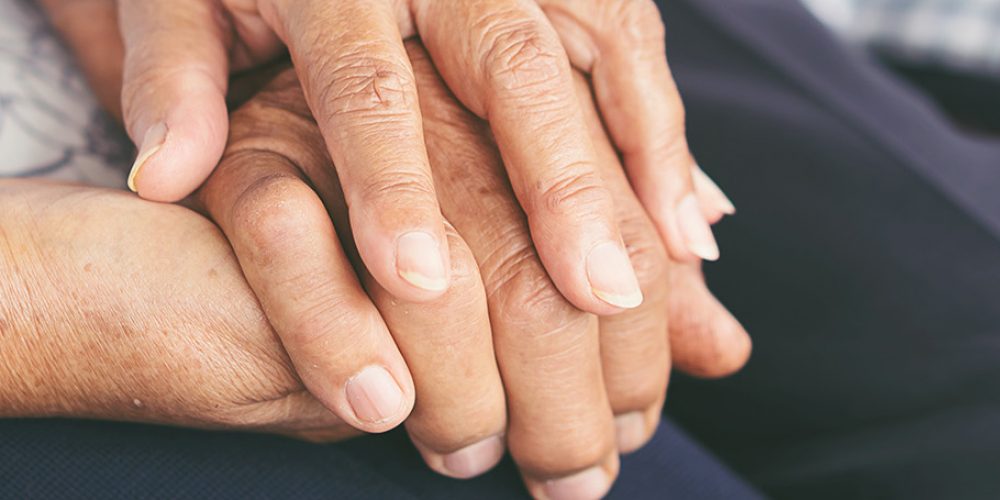- Parkinson’s disease
- Services offered
Free, confidential and bilingual
Opening hoursMonday to Friday : 8:30am – 4:30pm
Saturday and Sunday : closedFor urgent information outside service hours, you can refer to the Info Santé line by calling 8-1-1.
- Research commitment
- Get involved
- Donate
- About us
Home > Living with Parkinson’s Disease
Living with Parkinson’s Disease
Getting diagnosed can be a terrifying experience. Remember that you have faced and overcome other obstacles throughout your life with your inner resources and help from loved ones. You can use these resources again to live with Parkinson’s disease.
You can find a spark of motivation within yourself to make changes in your lifestyle and approach to activities.
Having a positive attitude toward change, determination to overcome obstacles and focusing on what you can do immediately will help you maintain a good quality of life.
Play Video

1 personne atteinte = 3 personnes non atteintes mais touchées par la maladie.
Total : 25 000 + 3 x 25 000 = 100 000 personnes dans la province du QC.

3 hommes pour deux femmes atteintes.

Newly diagnosed
Being newly diagnosed with Parkinson’s disease will change your life and the lives of your loved ones. However, you can take action and help maintain your quality of life for as long as possible.

Coping with a diagnosis
Accepting a diagnosis is a slow process, and the steps leading to it are filled with questions and emotions. These emotions are normal and valid.

Parkinson’s under 50
Although Parkinson’s disease is associated with aging, 5 to 10% of people diagnosed are under 50 years of age. This is called young onset Parkinson’s disease.

Talking about Parkinson's to those around you
Announcing you’ve been diagnosed and discussing the progression of the disease with those around you can help you live better with your condition. By deciding on the right time and preparing yourself, you can have productive discussions that will help build a strong support system.

Sexuality and Parkinson’s
All humans need physical and emotional intimacy. Aging and Parkinson’s disease can lead to changes in your relationship dynamics and sexuality. New communication styles may be necessary to get closer to your partner and strengthen your relationship.

Helping someone living with the disease
If you have an emotional connection to someone with Parkinson’s disease and you help them on an unpaid basis, you are a caregiver. This additional role in your relationship is rewarding, but it can also be exhausting and affect your health. You and your loved one must plan for this new relationship.

Employment and financial resources
You can remain employed when living with Parkinson’s disease. You and your employer will have rights and obligations to each other. Financial resources are also available if you can no longer work.

Driving
A Parkinson’s diagnosis does not necessarily mean you will lose your licence. You can maintain your autonomy and the pleasure of driving for many years after a diagnosis.

Planning for a loss of autonomy
In the more advanced stages of Parkinson’s disease, managing symptoms with medication becomes more and more difficult and sometimes help from a loved one is no longer enough.

Inspiring testimonials
The Parkinson’s community is full of everyday heroes. People living with the disease and their loved ones overcome the obstacles of the disease to continue living a fulfilling life.

Quality of life
Even if Parkinson’s gets worse over time, having a good quality of life is still entirely possible for many years after a diagnosis.


